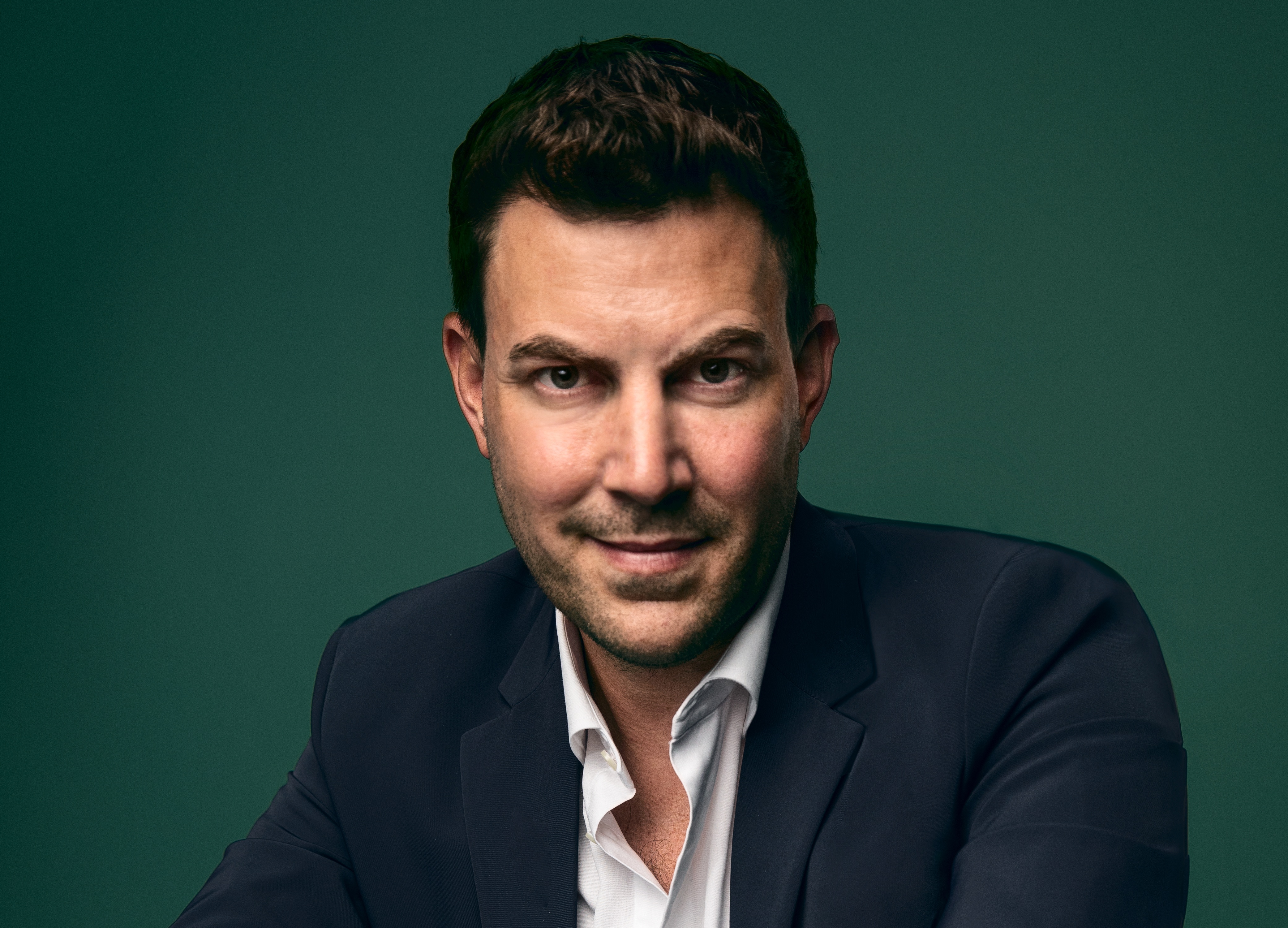The chairman and CEO of Tatler Asia Group, which publishes one of Asia's most established luxury media titles, believes that while there will be an inevitable tightening of belts among luxury brands during the COVID-19 outbreak—investment will rebound and ultimately become more strategic.
Michel Lamunière, who moved to Hong Kong four years ago to run the Asian arm of the family business, Switzerland-headquartered Edipresse, spoke to Campaign Asia-Pacific in March as the virus was beginning to take hold globally. He acknowledged that brands are being "cautious" with spend in this current environment, but hoped this could deepen the relationship between brands and publishers like Tatler.
"Brands will be looking carefully at their investments and the number of stores that they have. But these kind of moments, despite all the challenges—and obviously I would have never wished this to happen to the industry and to all of us—but it's also moments like this where you can pause and rethink what's the right strategy for you moving forward," he said. "Because when everything goes well, there's a rushing. Now for a lot of brands they can stop and wonder, do I need as many stores? Is my digital strategy the right one? Who are the media partners I want to work with? So these moments we should all use to strategise and to plan and they can be very beneficial for the future."
For example, he said that during 2019's Hong Kong protests, while brands did pull back their ad spend, they also "tended to concentrate spending in the media they really believed in".
"In that sense we were able to do relatively well last year despite the challenges," he said.
He added that while the luxury industry is "concerned" about the impact of COVID-19, in the long term "luxury is going to continue to be very strong and driven by Asia".
"For me, it's just a question of time until it rebounds. We can see that the situation in China and in Hong Kong is very much contained and under control, I would foresee the second part of the year will be much better for all of us," he predicted.
As an industry that couldn't be further away from 'essential', luxury is expected to feel a major impact from a drop in consumer sales during COVID-19. Bain & Company forecast that the luxury market globally will contract by 25% to 30% year-over-year in the first quarter of 2020. The forecast, from March 25, suggests an "intermediate scenario" for 2020 as a whole would be a contraction of between 22% and 25% (amounting to a decline of approximately US$65 billion to $75 billion). But Bain did acknowledge that the Chinese market already appears to be on its way to recovery.
Lamunière was speaking to Campaign as the media group officially rebranded from Edipresse Media Asia to Tatler Asia Group, putting its hero title at the heart of its identity. It also unveiled a new look and strategy for Tatler, which has editions in Hong Kong, mainland China, Singapore, Taiwan, Malaysia, Indonesia, Thailand, and the Philippines.

At the core of the group's newly-defined strategy for Tatler is to establish a more modern and sustainable business. That includes developing a more balanced revenue mix that reduces its reliance on print. By the end of 2020, it hopes that print (mostly advertising, plus subscription) will represent 40% of its total revenue, with 40% from digital and 20% from events.
"Print in our case will keep growing, and that’s why we've been investing in the new product, although the market overall is not necessarily growing," Lamunière said. "But the big growth for the company will come out of digital and events. It's not like transitioning from one to the other—ideally we would like to move towards to an equal proportion from each platform."
The media group has been investing in its digital offering for the past 18 months, including hiring talent across digital products, data and audience growth. But Tatler's investment in its digital offering comes rather late. It is facing growing competition from digital-first brands like Luxe Digital plus the recent entrance of fashion bible Vogue into Hong Kong and Singapore, a title known for its online investments, especially its video series.
Yet Lamunière believes it is Tatler's heritage and relationship with its readers that is its strongest differentiator, and will carry it through digital disruption.
"Tatler has a very unique special relationship with an extremely influential group of individuals across the region—that’s Tatler’s biggest strength," he said. "We do engage with the most affluent audiences but also the most influential, and that's very much part of the evolution of the platform, to make sure that our community is made of the people who are shaping the trends of tomorrow. This unique relationship we have with our readers—the fact that we feature those people, we have dinner and lunch with them, we collaborate with them—not a lot of other media can claim. It’s a more exclusive type of relationship."
He went on: "The pure digital players had an advantage at the beginning when it came to the new media because obviously they wouldn't have all those constraints linked to the past, but we can see now that a lot of legacy brands have learned how to do digital properly, and then the strength of the brand starts playing an important role."
Another key part of Tatler's evolution is an acceptance that the notion of "high society" has changed since it first entered Asia more than 40 years ago.
"The notion of luxury is not just about consuming beautiful items anymore, it's also how can you experience and contribute positively to society," Lamunière reasons.
He wants Tatler to expand its focus from the "top tier of the pyramid"; the ultra-high-net-worth individuals it currently serves, to also include the "up and comers"; younger, aspirational people who have very quickly built substantial wealth.
"Tatler can play a fundamental role in engaging with them as early as possible," Lamunière said. The magazine wants to build products that specifically target these audience segments, similar to its Generation T platform for young entrepreneurs, and it is shifting its editorial to cover themes important to younger readers, such as sustainability, philanthropy and social impact.
Commercially, Tatler wants to expand its advertiser base, looking beyond luxury to categories like fashion, banking, cars and hospitality. It has also restructured its commercial team to be able to service clients on both a local and regional level—rather than just by individual market, as it was before.








